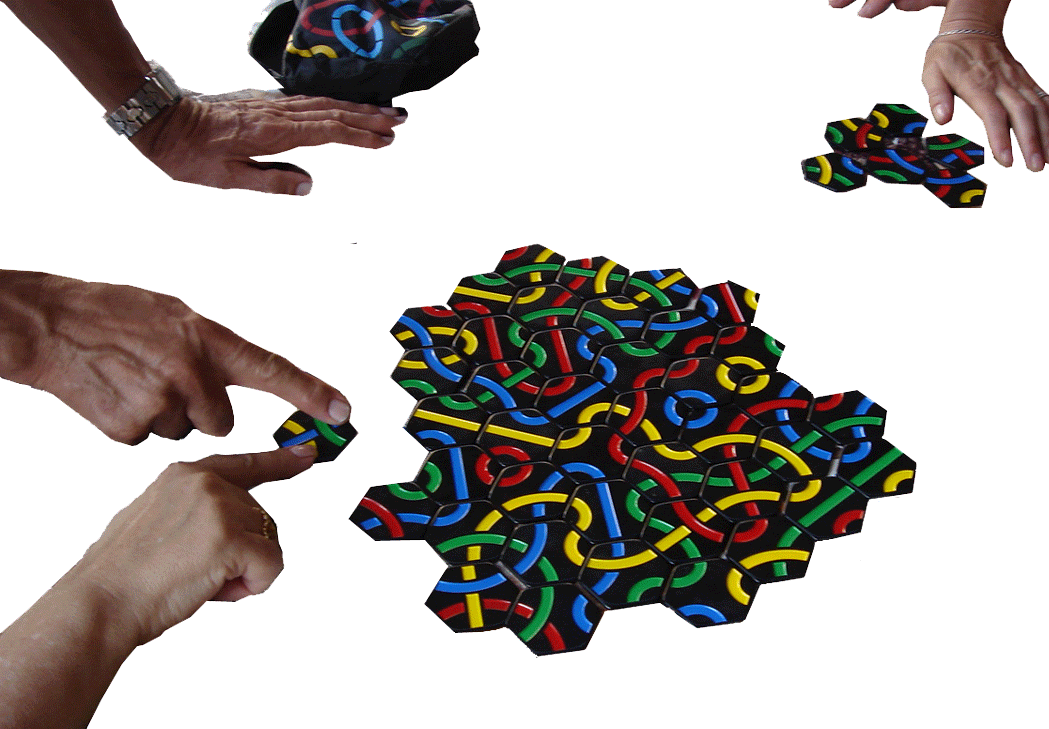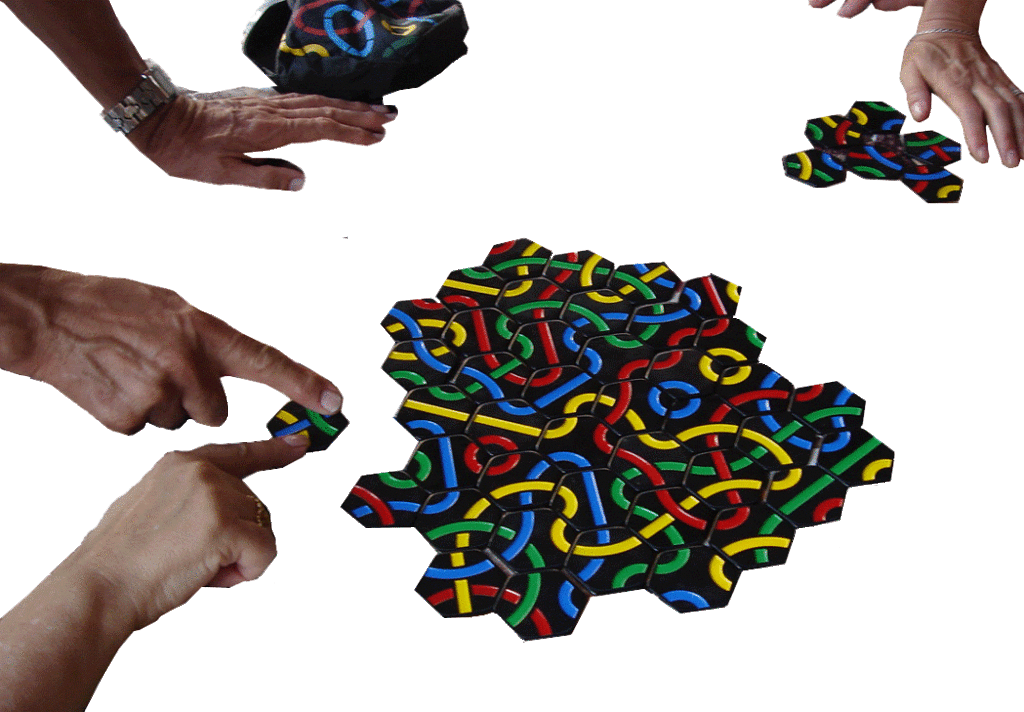
The scalers vs the innovators
July 26th, 2018
by Alex Bainbridge
Within the digital end of the tours & activities sector, two distinct focus possibilities are clear – either focus on scaling or focus on innovation.
The recent injections of venture capital funding and reservation system acquisitions in our sector appears to show that there is an industry wide scaling opportunity that can be unlocked with additional funds or resources, or so sufficient people believe.
Then there is a long list of broken customer experiences and new digital technologies that create opportunities for innovation.
Having been first to innovate to software as a service (SaaS) with TourCMS in 2007 (alongside Rezgo) and beaten in scaling game by Fareharbor, the innovation vs scaling topic is a debate close to my heart.
The scalers
Primarily it is the online travel agents who are focussed on scale. They are taking what we have previously collectively built and multiplying customer bookings and tour listings. None of it is massively innovative however it will be commercially successful in the short-term.
Longer term they are going to have to come back and address the weak foundations they have built upon but in the meantime I can see why total focus on scaling has its attractions.
The foundations are weak because:
- The cross-industry API architecture is back to front and was only initially proposed as a minimum viable product (MVP). It does not support advanced functionality and interoperability that customers, suppliers & retailers need. The current architecture standard should be dropped in favour of retailers supporting supplier APIs, enabling a new generation of innovations & solutions at all layers of the industry
- Tour operator reservation systems have had their business models attacked by some online travel agent partners and are as a result are not in the right frame of mind for further cross industry collaboration. They need to be motivated like they previously were if they are going to be relied upon as stable foundations and to assist (and invest in) building what comes next.
Both need to be addressed before we can collectively make a giant leap forward again.
Cross-industry API architcture
The next generation of distribution APIs needs to address the following:
Personalised tours
With personalised tours, every booking can be unique. Rather than distribution of fixed tour itineraries we need to distribute potential itineraries including (digitally structured) descriptions of how they may be adjusted for different customer tastes.
From a transactional perspective, bookings are currently instances of a base tour. Personalised tours require the booking to be the base data unit not the tour – and the booking to hold what the customer is doing – where and when. Current distribution APIs cannot handle personalised tours at all.
Descriptions / images / attributes
Descriptions / images / attributes need to be distributed to retailers via API (not extranet).
Additional customer details
Retailers need to tell suppliers much more about the customer ahead of time. This will enable the supplier operator to personalise the tour at an operational level. For example if someone is less mobile and needs special assistance or not to be taken to a viewpoint that requires a 500 metre walk up a hill – this needs to be communicated. Freetext does not help except at low volumes of transactions.
Retailers, if they want to own the customer relationship (which they do) must appreciate this comes with obligations to find out more about the customers than they do today.
Enhanced tour / itinerary attribute data
No point knowing that the customer is non-fish / non-meat eating vegetarian if we do not have our food experiences tagged as not suitable for vegetarians. We need the customer profile data AND the tour / itinerary data to align.
Significant increase in tour / itinerary numbers
With personalised tours, and autonomous vehicle sightseeing, we could see a 10x increase in tour / itineraries that need to be listed at retailers. Knowing this is coming, extranets are completely the wrong solution to be building today. Any solution has to be API based to handle the volume of data (and volatility of the data).
(Side note – there is a possibility / risk that the opposite may happen – a radical reduction of tours / itineraries – as we drop maintaining multiple similar tours in favour of a few highly configurable / personalisable tours. If this does happen they will be complex to configure so would be best distributed via API also rather than extranet, so that doesn’t alter the point about extranets)
Animals
Handle how we describe whether a tour / itinerary includes animal experiences, potentially including independent (ongoing) certification. The current situation is a mess with retailers initially checking that a listing that doesn’t incorporate animals then suppliers changing descriptions via extranets to include animal encounters.
Tour guides / hosts
Some tours come with capability to select an individual tour guide from a list of tour guide profiles. Retailers do not currently support this choice mechanism.
Trip planning
Trip planning services need to know the end point of a tour and approximate end time. This way subsequent tours or non-commercial suggestions can be given to customers that are useful and relevant. Currently all retailers only think about start locations and start times….
[Not an exhaustive list – just a few ideas to show that the innovators are still needed and fixing distribution can’t be left to the scalers]
The innovators
The innovators, however, have moved on from distribution challenges. It just is not worth it now that the business models are under attack by larger incumbents. Instead innovators have primarily moved to the supply side – to the product experience itself.
They have also moved to innovate much further in the future than perhaps they would wish to – because that is where they can breathe. If they don’t go far enough to the future, they will suffer lack of oxygen as the scalers crowd them out from press coverage, conference speaking slots and other similar opportunities.
To try and redress this balance a tiny bit, a few innovations that I have seen recently that are interesting. Not a single one is focussed on addressing the industry wide distribution challenges that are out there:
- Autoura – using autonomous vehicles to deliver sightseeing experiences – my new business. Launching 2018. Sign up for the newsletter if this sounds interesting 🙂
- ExperienceTheRide – bus tours with actors on streets pretending to be members of the public, presenting a show as you drive along. Special vehicles with side on seating so all passengers can see the show. I like this video
- GoYonda – see London in a talking car. Went on this the other day and need to write this up for this blog – it wasn’t amazing but you could see glimpses of the future – the idea is right!
- Touriocity – specifically how they are incorporating blockchain into their tour guide marketplace
- TourCast – fixing the problem of how does a tour guide communicate with 30 customers when in a group. The answer is via their phones. Stops the tour guide having to walk around with many devices too (see photo below)
- Walks – specifically their “walk on walk off” tour – such as this one in San Francisco
- WithLocals – augmented reality family tour – see video below
Attracting the innovators back to the distribution problem
Fundamental question is – who can motivate the innovators to return to the tour distribution problem? Who cares about this sufficiently to make it happen? And where do these innovators make money if one or two leading retailers have destroyed the only main business model they could use to pay for the necessary research & development.
Probably only the large sightseeing suppliers………
The problem TourCast is addressing – tour guides have to carry too many audio devices!
Photo: Joc-Tantrix_fons-transparen by Jordi Graells (CC BY 2.0) (Source)

This content is protected by copyright. Link sharing is encouraged but duplication and redistribution is illegal


